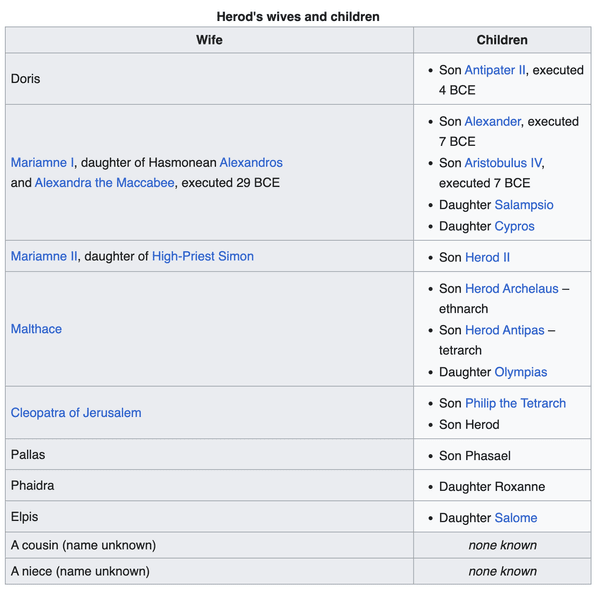Theology
Various theological bits as I prep my weekly sermon and read
Theology
Various theological bits as I prep my weekly sermon and read


Structure of the Sermon on the Mount from Bible Project
On Judging
Augustine comments that here “we are taught nothing else, but that in the case of those actions respecting which it is doubtful with what intention they are done, we are to put the better construction on them” (p. 154).
Hillel and the Golden Rule:
The statement attributed to Hillel, "What is hateful to you, do not do to your neighbor; this is the whole Torah; all the rest is commentary," appears in the Babylonian Talmud, Tractate Shabbat 31a. Here's the relevant passage:
> אָמַר הִלְיוּן אַבְטָא רַבּוּת שֶׁמָּה נָבוֹן וּמָה נָבוֹן אֵלֶּה שֶׁנֶּאֱמָר לְךָ בְּשַׁבֶּךָ
... See more2 Chronicles 7:14 in Rabbinic Literature
Jerusalem Talmud Taʿanit 2.65B.3: R. Eleazar (ca. 270) said, “Three things cancel a hard (divine) decree, namely, prayer, almsgiving, and repentance, and all three are contained in one scriptural verse; see 2 Chr 7:13: ‘Then when my people bow down, over whom my name is named, and when they pray,’ this refers
... See more
Herod the Great Wives and Children
Origen, Against Clesus, 1:28 Panthera
Matthew 7:5 and the hypocrite:
He is a hypocrite because his unkind criticism takes the outward form of a kindly act.
Isaiah 11:3b-5
He shall not judge by what his eyes see,
or decide by what his ears hear;
4 but with righteousness he shall judge the poor,
and decide with equity for the meek of the earth;
he shall strike the earth with the rod of his mouth,
and with the breath of his lips he shall kill the wicked.
5 Righteousness shall be the belt around his waist,
and
... See more